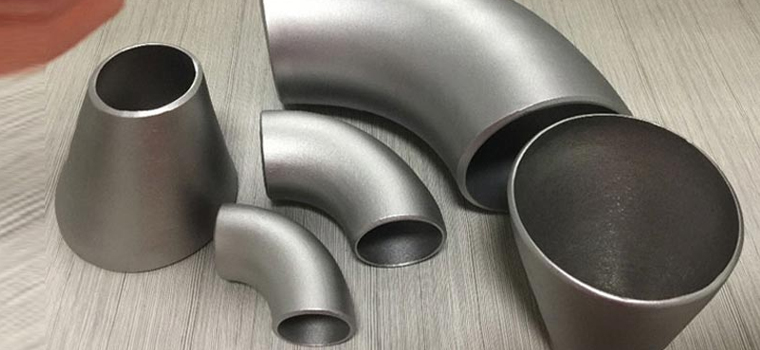
Comparison of Inconel vs Incoloy pipe fittings: which alloy is best for your specific application?
Inconel and Incoloy are both nickel-based alloys that are known for their excellent resistance to high temperatures and corrosive environments. However, there are some key differences between the two alloys that may make one more suitable for a specific application than the other.
Inconel is an alloy of nickel and chromium, and is often used in applications that require high resistance to corrosion and oxidation. It is also known for its ability to maintain its strength and stability at high temperatures, making it a popular choice in the aerospace, petrochemical, and power generation industries.
Incoloy, on the other hand, is a family of alloys that includes nickel, chromium, and iron. It is known for its resistance to both high temperatures and a wide range of corrosive environments, including both reducing and oxidizing conditions. This makes it a popular choice in a variety of industries, including chemical processing, oil and gas, and nuclear power.
When choosing between Inconel and Incoloy pipe fittings, it is important to consider the specific conditions that the fittings will be exposed to. Inconel may be a better choice for applications that require high resistance to oxidation and corrosion at high temperatures, while Incoloy may be a better choice for applications that require resistance to a wider range of corrosive environments. Additionally, both Inconel and Incoloy are available in different grades and variants, which also can be tailored to specific application needs.
Ultimately, the decision between Inconel and Incoloy pipe fittings will depend on the specific requirements of the application and the conditions that the fittings will be exposed to. Consulting with an expert in materials selection and corrosion engineering can help you to make the best choice for your application.